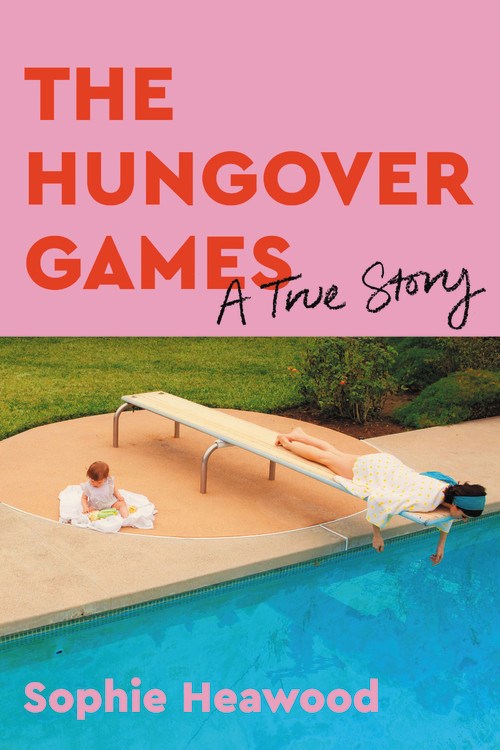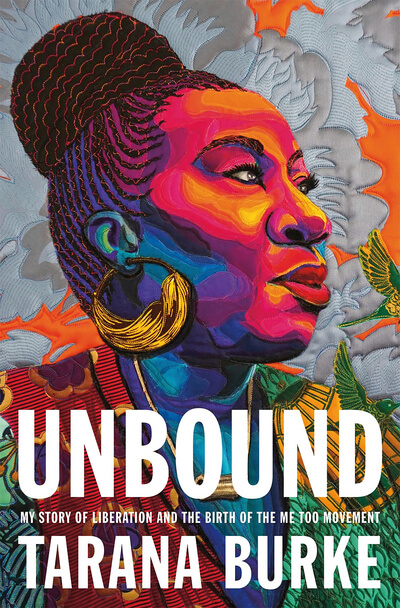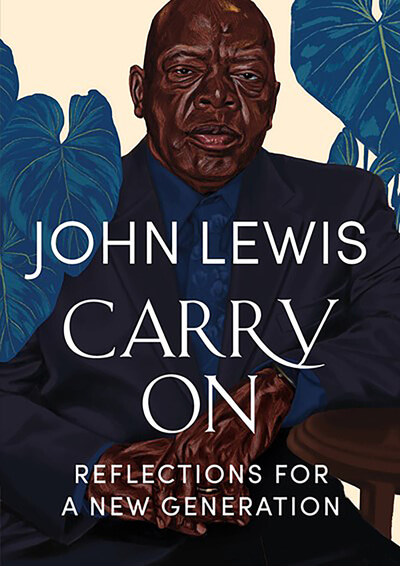Raising children has never been more complex, but with a mix of expertise, humor and compassion, these parenting books offer important advice for parenting in the modern age.
It’s pretty easy to focus on weaknesses—our own and our kids’. How many times do we start sentences with “don’t” or focus on the average grades on the report card instead of the excellent ones? In The Strength Switch, Lea Waters, founding director of the Centre for Positive Psychology at the University of Melbourne, urges parents to move away from the negativity bias and offers strategies for helping children build important strengths such as gratitude, self-control and mindfulness.
“Savoring and gratitude help us and our children recognize the good times, intensify the juiciness of the moment, and do the strength building that happens when life is good,” she writes.
Waters writes with typical Australian sunniness and uses stories from families (including her own) and educators to illustrate her points. The Strength Shift offers a roadmap for making small shifts that will yield big results for children.
LAUGH IT OFF
Jen Hatmaker and her husband, Brandon, are pastors in Austin, Texas. She’s the bestselling author of 11 books, including several Bible studies, but her brand of religion is so inclusive, nonjudgmental and loving that her writing feels accessible to any woman—Christian or not—seeking wisdom about how to embrace a messy, beautiful life.
Hatmaker’s latest book, Of Mess and Moxie, is not strictly about parenting. She writes passionately about many aspects of modern female life, such as resiliency, the importance of creating art and how to find time to exercise (although she admits that, for her, “The problem is, I prefer watching Netflix and eating snacks.”). But her most poignant and hilarious chapters focus on her family of five children. From having the sex talk with her kids to grocery shopping for a family of seven, she mixes her advice with a healthy dose of humor and writes in a conversational tone that makes you feel like she’s confiding in you.
TURNING POINT
Many in our society are still grasping what it means to be transgender, although the recent high-profile transition of Caitlyn Jenner has helped educate Americans on the issue. Transgender Children and Youth by Elijah C. Nealy is an invaluable resource for those supporting children who are transgender. Nealy—a professor, clergyman and transgender man—provides in-depth explanations of what it means to be transgender and to be diagnosed with gender dysphoria, and what therapy and medical transitions entail. Perhaps most importantly, Nealy details how to work with young people and their families who are dealing with issues surrounding gender dysphoria and gender diversity.
Although the book is geared toward mental health providers and educators, it is a comprehensive and compassionate narrative that will prove useful for anyone seeking to better understand and support transgender youth. Using vignettes from his years of personal experience, as well as suggested approaches for professionals to take during family conversations, Nealy focuses not only on coming out as transgender but also on building and living a life as a happy transgender individual.
NO SHAME
Sarah Ockwell-Smith, a doula and homeopath, opens Gentle Discipline with a bold statement: “Almost everything we think we know about disciplining children today is wrong.”
Can’t get your toddler to brush his teeth? Why is your son suddenly swearing like a pirate? Ockwell-Smith may be a parenting expert, but even she has experience with her own son yelling an expletive in public. The truth was, her son was tired, he was hot, and he was thirsty. “He just snapped. Just as we all do at times,” Ockwell-Smith writes.
That’s the beauty of Ockwell-Smith’s guidance: She’s low on judgment and high on helpful insights into why your kid can go from angel to monster in 10 seconds flat. She details how children’s brains develop, how they learn and some common physiological triggers for poor behavior (such as sugar, lack of sleep and plain old sensory overload), as well as psychological ones (mimicking the actions they see in others).
But what’s truly thought provoking is Ockwell-Smith’s view that most common discipline methods just don’t work. Physical punishment like spanking causes kids to be more defiant. Distraction prevents children from discovering that emotions are OK. Ockwell-Smith offers excellent “gentle discipline” strategies for addressing some of the most common issues, such as whining, sibling rivalry and lying. This is a handbook for end-of-their-rope parents looking for a fresh approach to discipline.
BOYS AT THEIR BEST
If you’re looking for help with parenting your teenage boy, turn to He’s Not Lazy by Adam Price. As the mother of a 12-year-old son, I was drawn to child psychologist Price’s empathetic views. He writes, “Not only are there the physical changes to contend with, but on a deeper level your son is grappling with profound questions . . . Who am I? What do I believe in? What should I become, and do I have what it takes to get there?”
Price focuses specifically on boys, as boys are much likelier to be diagnosed with learning disabilities, and many education specialists believe boys “are at an intrinsic disadvantage in a classroom that discourages their natural tendency to be active, and competitive.” So rather than facing failure, boys simply opt out and are thus likely to be labeled as lazy.
Parents can help combat this by being their sons’ advocates. No, this doesn’t mean hovering while your son does his homework. It means helping your son find his own motivation. As Price puts it, “The qualities you most want him to develop—self-control, self-determination, self-regulation—all begin with the same word.”
Price outlines common-sense tactics to support boys in finding those “self” words. I have a feeling I’ll be pulling this book off the shelf to consult for years to come.
This article was originally published in the August 2017 issue of BookPage. Download the entire issue for the Kindle or Nook.






 Society journalism—that is, the gossip pages—doesn’t carry the same gravitas as other areas of journalism. That might change with Gatecrasher. Author Ben Widdicombe, a former gossip reporter, shares lessons about the world’s wealthiest people gleaned from attending Academy Awards parties, lunches at Elaine’s and weddings at Mar-a-Lago for the past two decades.
Society journalism—that is, the gossip pages—doesn’t carry the same gravitas as other areas of journalism. That might change with Gatecrasher. Author Ben Widdicombe, a former gossip reporter, shares lessons about the world’s wealthiest people gleaned from attending Academy Awards parties, lunches at Elaine’s and weddings at Mar-a-Lago for the past two decades. British writer Sophie Heawood was living her dream, working as a journalist covering the entertainment industry in LA. She wrote breezy celebrity profiles, went out every night and came home to her tiny Sunset Boulevard apartment.
British writer Sophie Heawood was living her dream, working as a journalist covering the entertainment industry in LA. She wrote breezy celebrity profiles, went out every night and came home to her tiny Sunset Boulevard apartment. Do you think helmets are for wimps and seat belts are for suckers? Is following rules something other people do? If your answer is “Hell, yeah!” then you would’ve loved Action Park, a 35-acre New Jersey amusement park that provided dangerous entertainment for 20 crowded, wild summers beginning in 1978. Gene Mulvihill was the charismatic, impulsive, creative, law-avoiding, retail magnate, millionaire founder, and Andy Mulvihill, who wrote Action Park with journalist Jake Rossen, is his son.
Do you think helmets are for wimps and seat belts are for suckers? Is following rules something other people do? If your answer is “Hell, yeah!” then you would’ve loved Action Park, a 35-acre New Jersey amusement park that provided dangerous entertainment for 20 crowded, wild summers beginning in 1978. Gene Mulvihill was the charismatic, impulsive, creative, law-avoiding, retail magnate, millionaire founder, and Andy Mulvihill, who wrote Action Park with journalist Jake Rossen, is his son.










